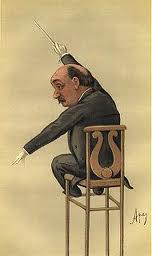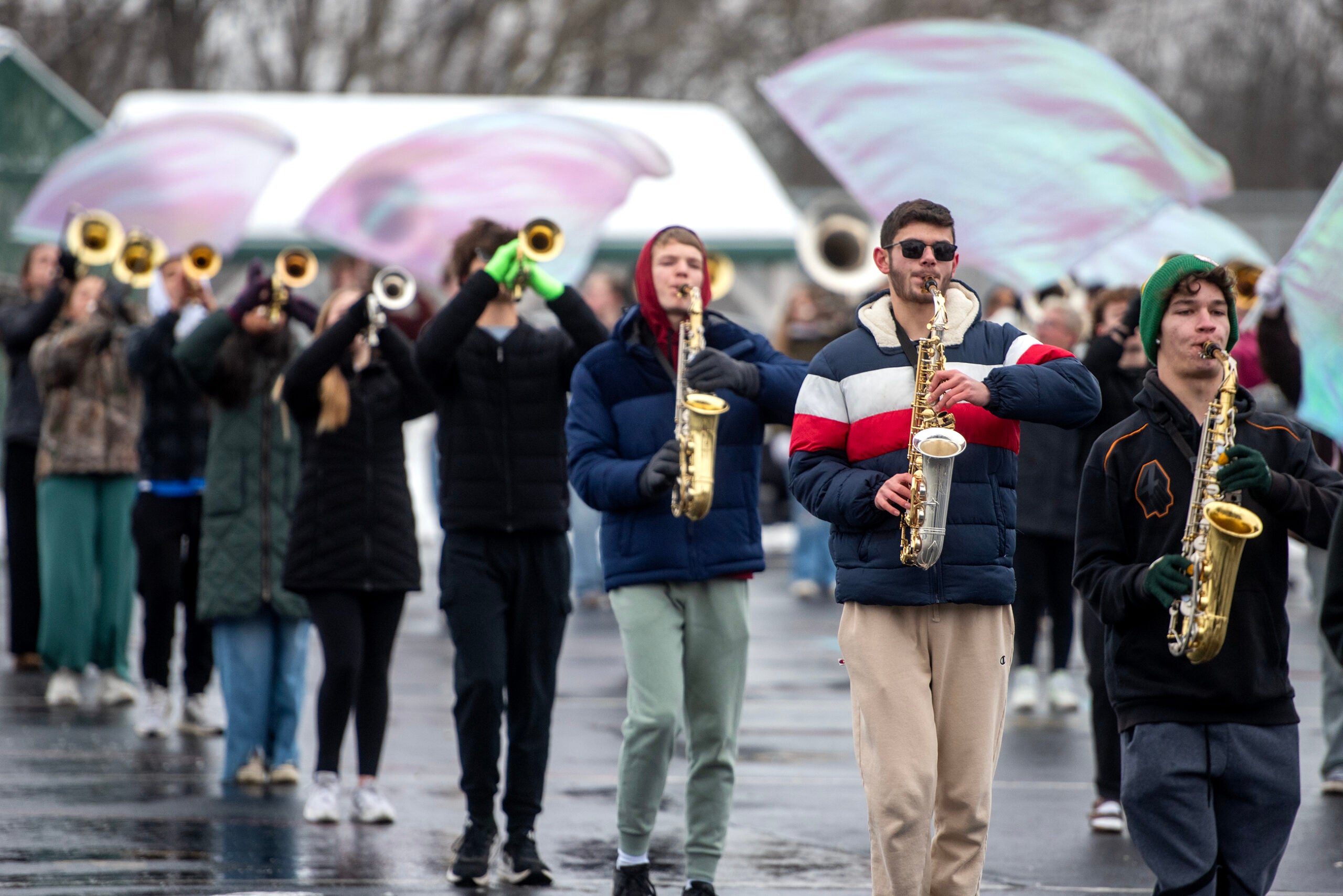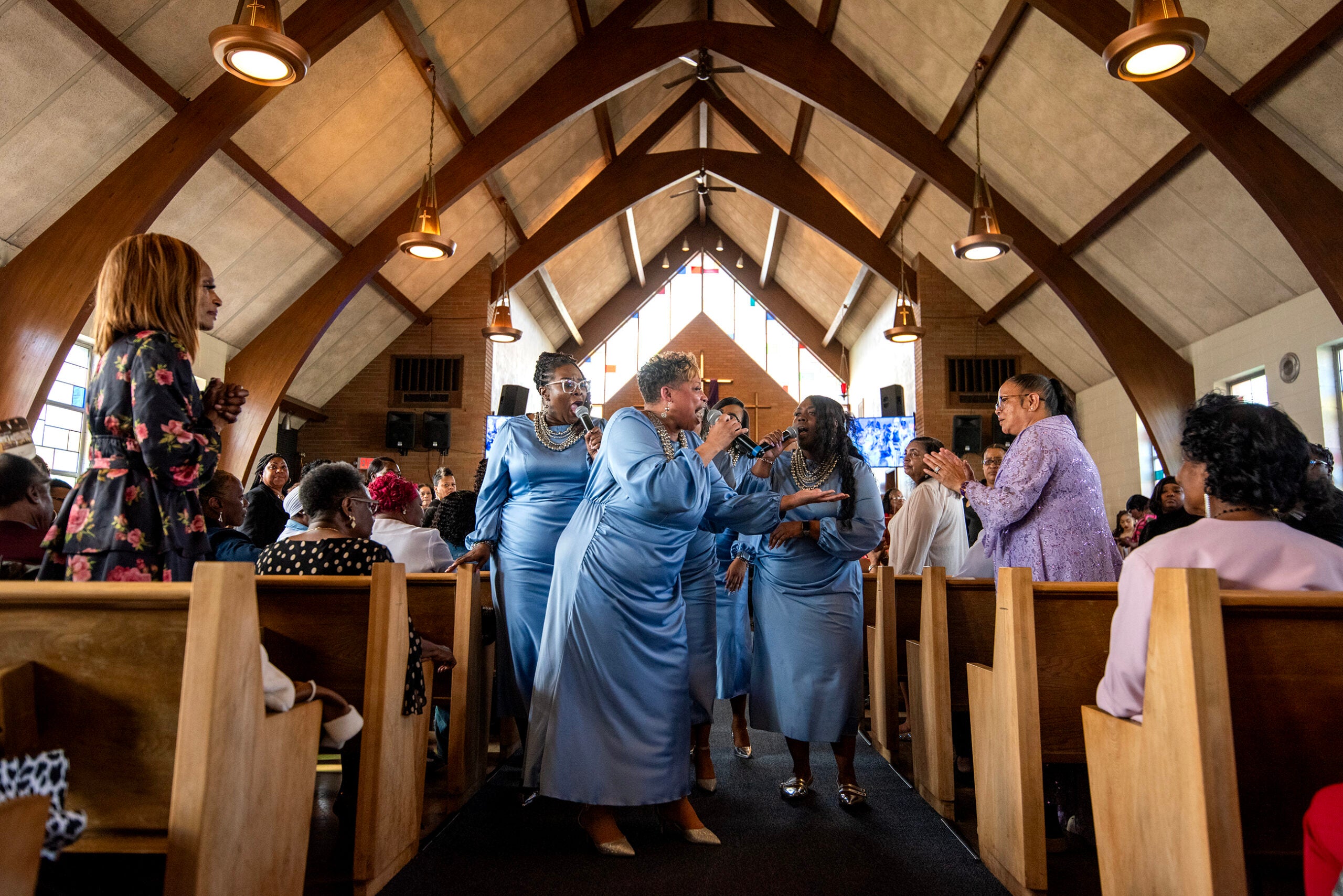In memoirs he wrote in 1896, conductor Luigi Arditi recalls a situation in which a stubborn baritone named Novara pursued his demand for money all the way into a performance.
Novara had agreed to sing the part of Rocco for three performances of Beethoven’s opera Fidelio with the understanding that, like everyone else in the company, he would be paid in advance.
His payment for the first performance went well enough, but on the second night he had to go to a lot of trouble to get paid, and so Novara made it clear that he would not sing the third performance until he had his money in hand.
News with a little more humanity
WPR’s “Wisconsin Today” newsletter keeps you connected to the state you love without feeling overwhelmed. No paywall. No agenda. No corporate filter.
He arrived at the theater, put on his costume, and asked the impresario’s agent for his money, only to be told that impresario James Henry Mapleson was dining out and had forgotten to sign a check for him.
Novara told the agent, Levelly by name, that he wasn’t going to sing until he was paid. Find Mapleson and get the money, he demanded.
“I don’t know where he is,” Levelly said, all too aware that curtain time was approaching. “Here, take my watch as a guarantee, Novara, and, for God’s sake, get into your clothes.”
The baritone stood his ground. “I don’t require your watch, man. I want my money, and unless I get it before the curtain rises, I shall take off this damned wig, and the stage carpenter can sing the role of Rocco.”
Levelly ran from the theater and hailed a cab for parts unknown in search of Mapleson.
When the curtain rose and Rocco sang his first aria offstage, conductor Arditi was startled to hear a voice that sounded strangely like that of the stage manager. About then, Levelly ran back into the theater, dripping with sweat, having come up with the necessary cash somewhere. He stuffed it into Novara’s hand, and the stubborn baritone rushed onto the stage just in time to save the performance.
Wisconsin Public Radio, © Copyright 2025, Board of Regents of the University of Wisconsin System and Wisconsin Educational Communications Board.







